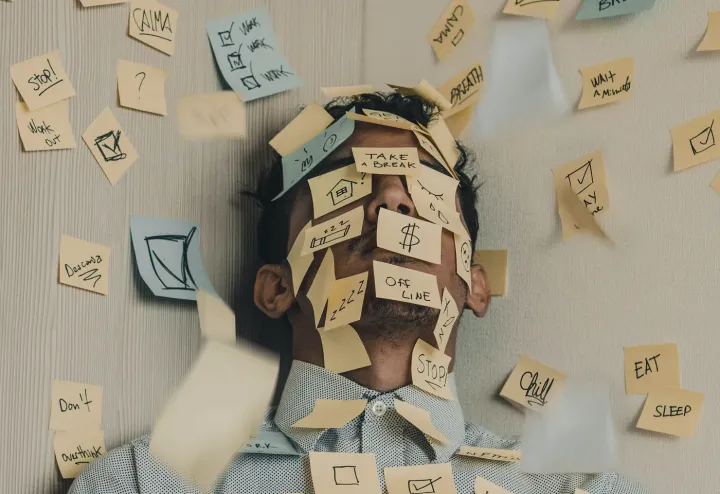How to become better at anything

"You can't connect the dots looking foward; you can only connect them looking backwards" - Steve Jobs
Introduction
We all go after things we want to get better at. For some, it may be a skill we want to learn, a part of our work we want to improve, or even a side hobby we practice once in a while. What will take you from where you are to where you want to be is called self-reflection. Self-reflection helps you become better at everything by fostering self-awareness, enabling you to learn from past mistakes, make more informed decisions, improve problem-solving skills, enhance relationships, reduce stress, and develop resilience.
What is Self-Reflection
The dictionary defines self-reflection as meditation or serious thought about one's character, actions and motives. Self-reflection is an act of courageous curiosity. It's the practice of getting to know yourself, which involves understanding and practicing empathy, communicating effectively, being adaptable, and developing emotional intelligence and compassion.
These skills aren't just useful at work; they're essential for personal growth and leadership. Taking time to think about and work on these qualities leads to ongoing learning and a deeper sense of satisfaction in life. People often say that having these skills not only makes you valuable now but also prepares you for the future. Soft skills, which are essentially our human qualities, are crucial for success in both personal and professional aspects, and they can't be easily replaced by technologies like artificial intelligence.
Research shows the habit of reflection can separate extraordinary professionals from mediocre ones. We would go so far as to argue that it’s the foundation that all other soft skills grow from.
How to practice Self-Reflection
Here are some simple steps that will help you practice self-reflection:
1. Pay Attention to Your Immediate Situation.
People have the natural habit of focusing on the future and the past while neglecting to live in the present moment. So ask yourself the following questions:
- How am I feeling at this moment in time?
- Why am I experiencing positive/negative emotions?
- What is going well in my life?
- What would I change in my life?
- What can I improve in my life?
- What is my greatest achievement?
- What am I thankful for?
In addition, think deeply about where you are in life. This can help you determine if there are certain things you want to work toward; it also gives you a chance to feel grateful for what you have and to let go of what you don't.
- Keep a Journal
Journaling is an excellent way to get your thoughts and emotions out. It can also be a useful tool for you to look back on and see patterns and changes in your reflections.
- Don’t just re-read your journal entry, try to understand it.
After writing in your journal, don't just read it again—add more thoughts. Look back and see if there's a new perspective on the situation. Ask yourself what went wrong and if your first impressions were right or if there's something you missed in the heat of the moment. Imagine you're a neutral observer. Now, think about how to avoid similar situations. If it's a mistake, learn from it. If it's a surprise, maybe adjust your expectations. If it's frustration, find ways to handle unexpected things better. Be kind to yourself, though. Reflecting can be tough, but it's about learning, not blaming. Remember, achieving excellence often involves stumbling, getting up, and learning from mistakes. If you analyze those stumbles, you'll be less likely to fall in the future.
Conclusion
In the journey of self-reflection, remember that it's an ongoing process, akin to tending to a garden that grows over time. Consistently looking back on your experiences, acknowledging surprises, frustrations, and even failures, is like nurturing the seeds of your personal growth. It may not yield immediate results, but over time, the fruits of your reflection will blossom. Just as successful individuals have made reflection a part of their lives, your commitment to this practice will gradually pay off, empowering you with continuous self-awareness and propelling you toward your full potential. Keep at it, and you'll witness the rewards unfolding in time.


